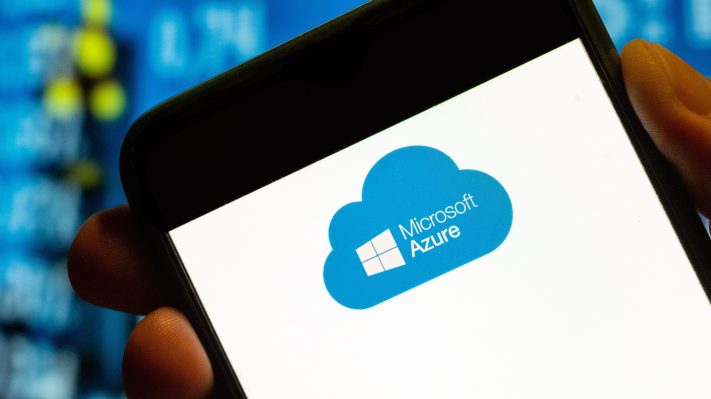Microsoft has kickstarted settlement discussions with European not-for-profit trade association Cloud Infrastructure Services Providers in Europe (CISPE), some six months after CISPE filed an antitrust complaint alleging that Microsoft was using its dominance in business software to tether customers to its Azure cloud platform.
The news comes less than a month after news emerged that Microsoft was close to settling a separate complaint with a trio of cloud organizations in Europe, including France’s OVHcloud, Italy’s Aruba and Denmark’s industry association Danish Cloud Community. The trio filed an antitrust complaint with the European Commission (EC) last March, alleging that Microsoft made it more expensive to run its software in rival clouds compared to its own Azure platform, while also making it technically more difficult to run some of the programs.
While Aruba is also a member of CISPE, it seems that CISPE elected to launch a separate antitrust case against Microsoft, noting at the time that it wanted to “give a voice to those members without the resources to file their own complaints, or for whom the fear of retaliation is too great to risk standing alone.” As an aside, OVHcloud was also a CISPE member until January, though it didn’t renew its membership.
It is worth noting here, however, that Amazon’s cloud juggernaut AWS is also a member of CISPE, so this may not be as much a David versus Goliath battle as first seems.
The crux of the issue relates to a 2019 licensing change enacted by Microsoft, effectively making it more expensive to run Microsoft’s omnipresent enterprise software on rival cloud services. Fast-forward to last year’s snowballing antitrust legal challenges, and Microsoft revealed it was making some changes designed to make “bringing workloads and licenses to partners’ clouds easier,” which it did to an extent — with the notable exceptions of so-called “listed providers” that include AWS, Google, and Alibaba.
So in effect, Microsoft is kinda making it easier for companies to run Microsoft software on non-Azure clouds, but only if they’re not using Microsoft’s main rivals’ infrastructure.
And that is why we’ve seen CISPE, which counts AWS as one of its biggest backers, continue to challenge Microsoft through legal channels. And it’s also why Google recently slammed Microsoft’s impending settlement with OVHcloud, Aruba and Danish Cloud Community, accusing Microsoft of antitrust practices while insinuating that a deal specifically with smaller cloud rivals might not be to Google’s advantage.
At any rate, CISPE confirmed today that Microsoft has approached it with an “outline settlement agreement,” with its member companies now starting negotiations to what CISPE says it hopes will “return fair competition to the European cloud infrastructure sector.”
Red lines
Details are still rather vague at this stage, with CISPE merely saying that Microsoft has made some proposals around its licensing terms. But the organization notes that it has “several red lines” which Microsoft must satisfy before any deal can be reached. For example, it said that any deal that is ultimately reached should be applicable to all cloud infrastructure providers and customers in Europe, and it needs to be implemented in a way that makes Microsoft accountable for any commitments it makes far into the future.
“Any business must have the right to run the software they license on the cloud of their choice, without financial or technical penalties,” CISPE notes. “[And] Any settlement must be transparent and clear, open to scrutiny, future-proof and auditable for compliance over time.”
Even if Microsoft does reach a settlement with CISPE, the company is still facing the heat from other quarters over its cloud practices. The U.K., for example, is readying an investigation into the domestic cloud infrastructure market, with the practices of Amazon and Microsoft particularly in its crosshairs. Regulator Ofcom said that it has identified practices that make it more difficult for businesses to switch between cloud providers, or even adopt a hybrid approach.
Back across the water in the EU, CISPE says there is “still a long way to go” before anything is agreed, and there are “several important issues” that are still to be addressed.
“Our members are scrutinizing the proposed changes and settlement agreement and will provide feedback to Microsoft in the coming days, including on key elements that are required to solve sector-wide issues,” CISPE added.
In response to questions from TechCrunch, a Microsoft spokesperson issued this statement:
In October 2022 we introduced software licensing changes to address concerns raised with the European Commission and provide new opportunities for cloud providers. Since then, we have continued productive discussions with European cloud providers and are confident we can address valid concerns.
*This article was updated on April 21 with additional context on the history leading up to Microsoft’s antitrust wrangles in the European cloud market, as well as comment from Microsoft.
